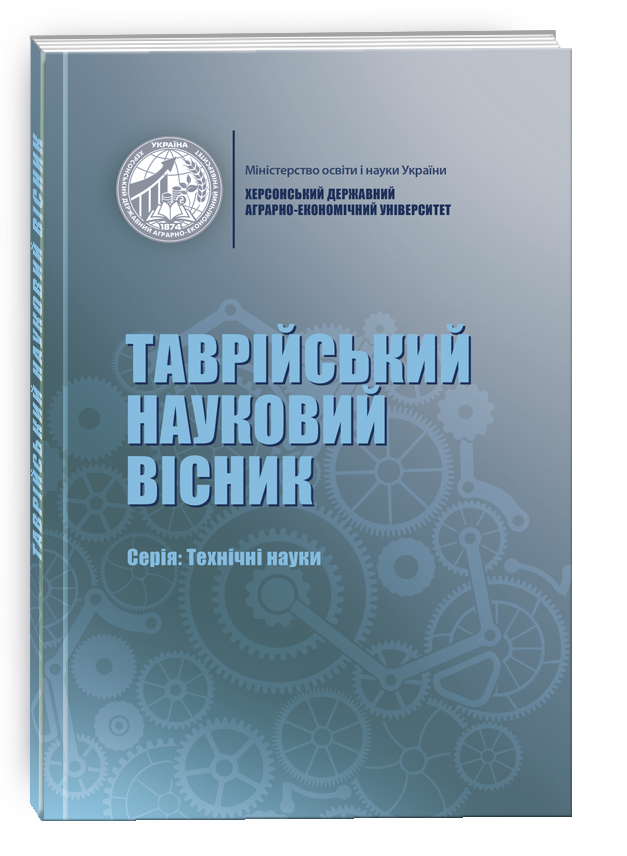APPLICATION OF HYBRID FEDERATED LEARNING MODELS INTEGRATING BLOCKCHAIN AND MACHINE LEARNING
DOI:
https://doi.org/10.32782/tnv-tech.2024.5.12Keywords:
blockchain, data analysis, decentralization, social networksAbstract
The article explores a promising combination of blockchain technologies and Federated Learning-based machine learning to create hybrid models capable of transforming data mining in social networks through increased security, autonomy, and efficiency of data management. Blockchain provides a decentralized and secure environment for storing and transmitting information, which is especially important in the face of increasing requirements for the privacy and reliability of data in social networks. In turn, machine learning, which requires large amounts of reliable data to accurately predict and analyze, can take advantage of secure blockchainbased platforms to generate highly efficient models. The key aspects of the implementation of hybrid models are described, such as ensuring the confidentiality of user data, the scalability of the blockchain, and the complexity of integrating both technologies. Successful implementation of such systems can improve the efficiency and security of social media data analysis processes, creating new opportunities for innovation, improving content personalization, and providing better protection against manipulation. Thus, the study emphasizes that these approaches can significantly improve traditional methods of data analysis, making social networks safer and more adapted to the needs of modern users. The developed system allows you to evaluate the interaction between the user and the global machine learning model and the blockchain model. In addition, the collected metrics, namely: load reduction factor, estimation of network bandwidth utilization, blockchain processing time coefficient, allow you to evaluate the application of a hybrid model using blockchain technology using machine learning. A comparison of the load of the centralized and decentralized systems in accordance with the resource capacity of a personal computer is analyzed.
References
Blockchain for secure and efficient data sharing in vehicular edge computing and networks / Kang, J. et al. IEEE Internet of Things Journal, 2020, 7(3), 2347-2363. https://doi.org/10.1109/JIOT.2020.2968332
Federated learning: Strategies for improving communication efficiency / Konecny, J. et al. arXiv preprint arXiv:1610.05492. 2016 https://arxiv.org/abs/1610.05492
Communication-efficient learning of deep networks from decentralized data / McMahan et al. In Proceedings of the 20th International Conference on Artificial Intelligence and Statistics (AISTATS), 2016, pp. 1273-1282.
Bitcoin and cryptocurrency technologies: A comprehensive introduction. Princeton University Press. / Narayanan, A. et al. 2016
Tapscott, D., & Tapscott, A. Blockchain revolution: How the technology behind bitcoin is changing money, business, and the world (Updated ed.). Portfolio. 2017
Xu, X., Weber, I., Staples, M. Blockchain in Software Architecture. In: Architecture for Blockchain Applications. Springer, Cham. 2019. https://doi.org/10.1007/978-3-030-03035-3_5.
Smart contract-based access control for the internet of things. / Zhang, Y. et al. IEEE Internet of Things Journal, 2021 6(2), pp. 1594-1605. https://doi.org/10.1109/JIOT.2021.3055118
Blockchain and federated learning for collaborative intrusion detection in vehicular networks. / Zhou, Z. et al IEEE Transactions on Intelligent Transportation Systems, 2020, 22(5), pp. 2925-2937. https://doi.org/10.1109/TITS.2020.2995608
Blockchain-enabled federated learning: A survey. / Qu, Y. et al. ACM Computing Surveys, 2022, 55(4), pp. 1-35. https://doi.org/10.1145/3524104
Wang, Z., & Hu, Q. Blockchain-based federated learning: A comprehensive survey. arXiv preprint arXiv:2110.02182. 2021. https://doi.org/10.48550/arXiv.2110.02182
Federated learning meets blockchain in edge computing: Opportunities and challenges / Nguyen, D. C. et al. IEEE Internet of Things Journal, 2021, 8(16), 12806-12825. https://doi.org/10.1109/JIOT.2021.3072611
Blockchain-based federated learning for securing internet of things: A comprehensive survey / Issa, W. et al, ACM Computing Surveys, 2023, 55(9), 1-43. https://doi.org/10.1145/3560816
Securing federated learning with blockchain: a systematic literature review. / Qammar, A. el al. Artificial Intelligence Review, 2023, 56(5), 3951-3985.
Integration of blockchain technology and federated learning in vehicular (iot) networks: A comprehensive survey. / Javed, A. R. et al. Sensors, 2022, 22(12), 4394. https://doi.org/10.3390/s22124394
Tsudzenko, Y. (2023). Підходи в моделюванні смарт-контрактів на основі Ethereum. Electronics and Information Technologies, 22, 69–78. https://doi.org/10.30970/eli.22.7.







